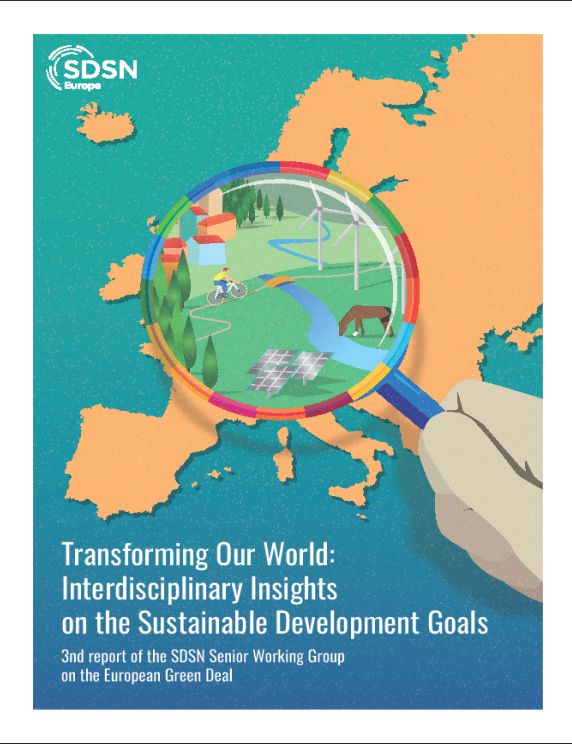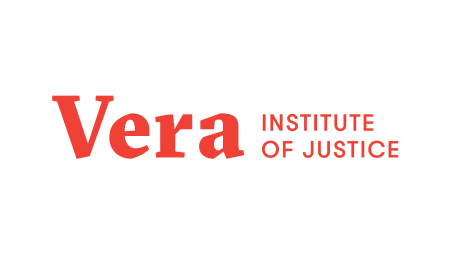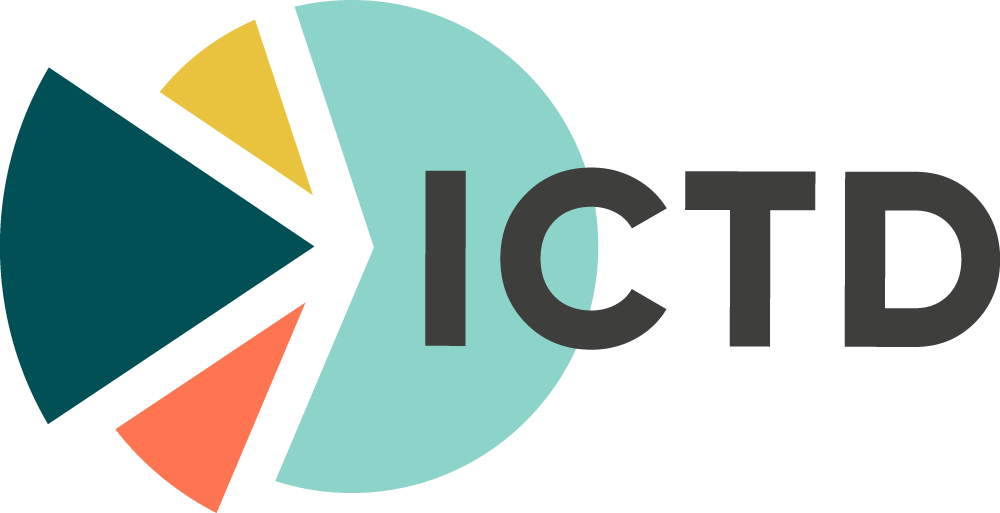The report Transforming Our World: Interdisciplinary Insights on the Sustainable Development Goals offers interdisciplinary insights into the connections between sustainable development goals. It extends previous discussions and is designed to assist policymakers and stakeholders in making informed decisions and targeted actions towards a sustainable and equitable future. It emphasizes the vital role of sustainable development in creating a fair and peaceful future for everyone.
The report identifies six key transformations that must be accelerated to achieve the SDGs. These transformations are:
- Education, Gender, and Inequality
- Health, Wellbeing, and Demography
- Energy Decarbonization and Sustainable Industry
- Sustainable Food, Land, Water, and Oceans
- Digital Revolution for Sustainable Development
- Urban and Rural Development, Infrastructure, and Connectivity
Key Findings:
- The EGD and the SDGs are two mutually reinforcing frameworks: Achieving the European Green Deal’s climate and environmental goals will contribute significantly to progress towards the SDGs, both within Europe and globally. Conversely, implementing the SDGs in Europe necessitates aligning policies with the EGD’s ambitious targets.
- Interdependencies require integrated approaches: The report highlights the interconnectedness of different SDGs. For example, tackling climate change (SDG 13) depends on transforming agriculture (SDG 2) and energy systems (SDG 7) while ensuring access to clean water (SDG 6) and sustainable cities and communities (SDG 11) are crucial for building climate resilience.
- Challenges and opportunities: Implementing these transformations requires overcoming substantial challenges, including political will, financial resources, infrastructure gaps, and social inequalities. However, the report also identifies opportunities, such as technological advancements, innovative financing mechanisms, and increased public awareness about sustainability.
Sections of the Report:
Interdependence, Networks, and Green Deal: The EU’s Opportunity to Redefine the Landscape of Global Sustainable Development Challenges
This text underscores the need for a region-specific and nuanced strategy to promote sustainable development in the European Union (EU) and worldwide, in alignment with the Sustainable Development Goals (SDGs). It emphasizes the importance of understanding interconnected systems and using tools to achieve geostrategic goals. A vital initiative, the EU Green Deal, is instrumental in tackling externalities such as deforestation and work-related accidents. Additionally, the document stresses the need for effective policy formulation, heightened international cooperation, and the utilization of interconnected networks in designing international sustainable policies.
Private Sector Funding of the SDGs
Initiates a discussion about the growing involvement of the finance industry in funding the Sustainable Development Goals (SDGs). Notably, it also elaborates on how these commitments diversify across various goals. In addition, the text brings attention to obstacles to further private sector commitments, such as competing global capital demands and macro-headwinds repricing assets. Also, it emphasizes the need for more private sector engagement to bridge the SDGs funding gap, firmly highlighting the crucial role of private capital. Interestingly, the text also touches upon how global events, like the war in Ukraine, affect the SDGs funding gap.
ESG Momentum in International equity returns and the SDG content of financial asset portfolios
Begins by exploring the increasing interest in examining the effects of Environmental, Social, and Governance (ESG) criteria on financial performance. Significantly, it highlights the importance of ESG momentum in international equity returns and the inclusion of Sustainable Development Goals (SDGs) in financial asset portfolios. The text then presents empirical results and details the application of international ESG and SDG asset pricing factors. Furthermore, it underscores the significance of ESG-related performance and controversies in determining financial performance. It then explains how the ESG framework can be incorporated into a more comprehensive approach to calculate the SDG footprint of financial portfolios, especially following the introduction of the Corporate Sustainability Reporting Directive (CSRD).
Carbon farming and voluntary carbon markets in the EU: An updated guide
Initially provides an overview of carbon farming, carbon credits, and carbon offsets. It details voluntary carbon markets’ historical and political evolution, current regulations and market trends. Subsequently, the paper dives deeper into carbon farming and emissions mitigation in the agricultural sector, presenting data on land share and emission trends in agriculture and other land use sectors. Moreover, it introduces two crucial pieces of European regulation for carbon farming: the Effort Sharing Regulation and the proposed framework for carbon farming certification. Importantly, the section highlights the role of technological innovation and regulations in facilitating the transition of economic systems to a low-carbon society.
From Skills to Sustainability: The Potential of Green Jobs and Digital Transition
Delves into the challenges and opportunities of digital and green transitions in achieving sustainable development. Significantly, it highlights two key components: a task-based approach for understanding the skill requirements of green jobs and the pressing need for National Observatories for the Digital Transition. Firstly, a task-based approach is instrumental in understanding the unique skills needed for green jobs. With this understanding, policymakers can create targeted retraining and reskilling policies, thereby supporting communities affected by the shift to low-carbon industries.
In addition to this, it presents the inaugural edition of the World Energy Employment (WEE) report. Later, it provides a thorough inventory of the global energy workforce and aims to guide energy and labor policymaking in the future. In conclusion, it underscores the potential of green jobs and digital transitions in achieving sustainable development. It emphasizes the crucial need to understand the skills landscape and establish observatories to facilitate this transition.
Climate responsibility, eco-anxiety, and perception about governments
Intriguingly explores the complex relationship between individual attitudes, eco-anxiety, and views on government actions concerning climate responsibility. It critically assesses the influence of eco-anxiety and perceptions of government efforts on personal responsibility for ecological action. Surprisingly, the analysis reveals that eco-anxiety and views on government initiatives significantly increase individuals’ sense of duty to combat climate change. Interestingly, these findings support the free-riding hypothesis suggested by game theory models of ecological actions.
Likewise, the section also discusses the policy implications derived from these insights. It proposes that amplifying government initiatives and improving communication can positively impact people’s ecological actions. Most importantly, it highlights the necessity to enhance communication about climate change risks to foster individuals’ sense of responsibility and promote eco-friendly behaviours in daily life. Consequently, it offers valuable perspectives on the psychological and perceptual factors impacting climate accountability and their implications for policy and communication strategies.
Recommendations:
- Align EGD implementation with the SDGs: Policymakers should ensure that EGD investments and initiatives contribute directly to achieving the SDGs through integrated planning and monitoring.
- Boost international cooperation: The report stresses the need for strengthened international cooperation on climate action, technology transfer, and financial support for developing countries to ensure global progress towards the SDGs.
- Empower local communities: Active participation of citizens and local communities in decision-making and implementation processes is crucial for driving successful and inclusive transformations towards sustainable development.
- Prioritize research and innovation: Continuous research and development efforts are essential to accelerate technological advancements and innovative solutions supporting the six transformations identified in the report.




